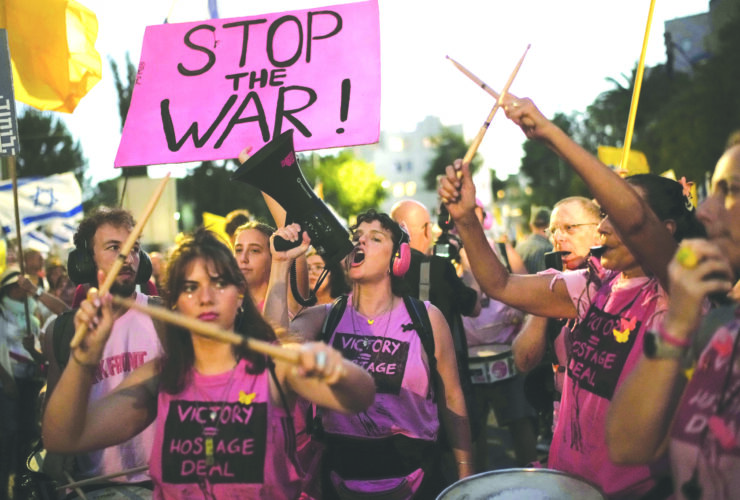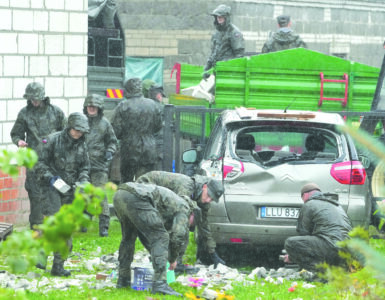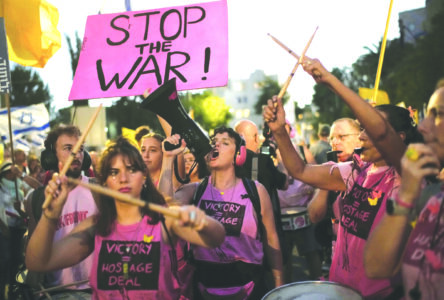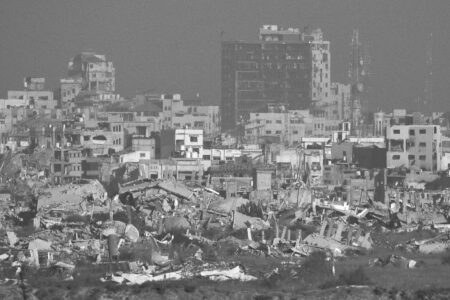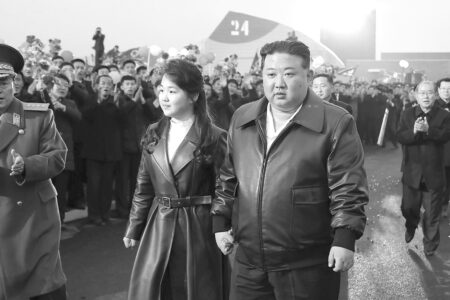Israeli soldiers, moms more often reject calls for Gaza
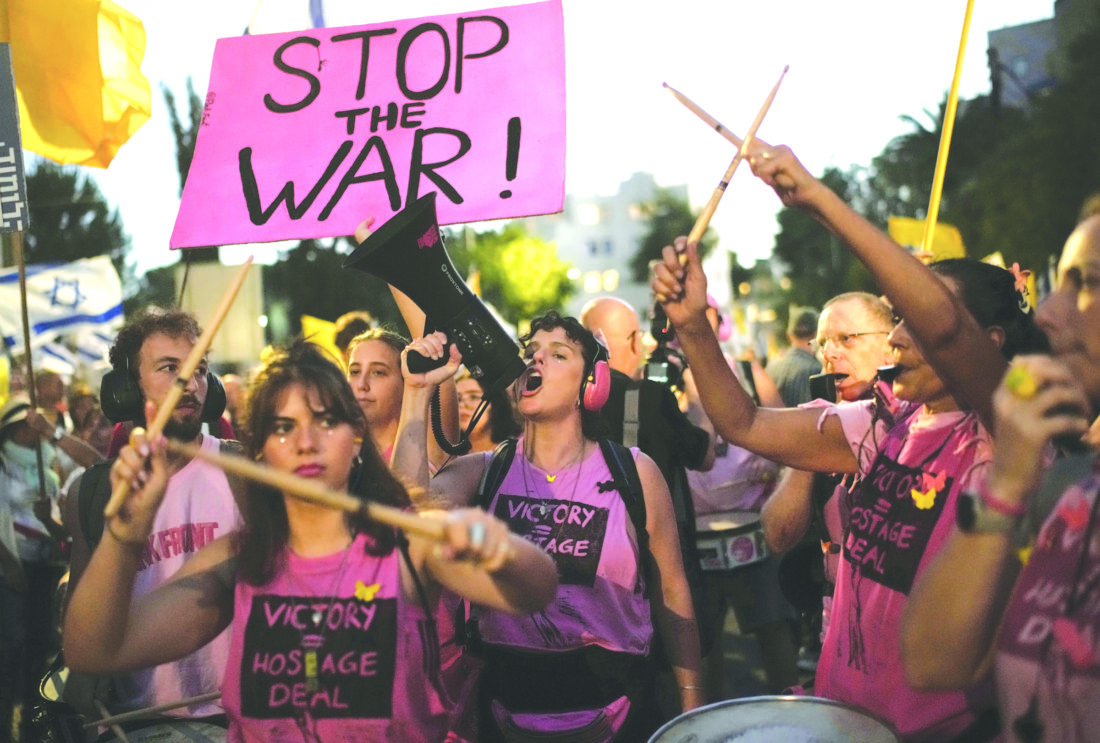
People take part in a protest demanding the immediate release of all hostages held by Hamas and calling for the end to the war in Gaza, in Jerusalem on Sept. 3. (AP file photo)
TEL AVIV, Israel — As Israel calls up tens of thousands of reservists for its invasion of Gaza City, a growing number of soldiers — and their mothers — are saying no.
There are no official figures, but newly formed groups are broadcasting their refusal to serve despite the risk of imprisonment. It’s a new phenomenon in the nearly two-year war sparked by Hamas’ Oct. 7, 2023, attack, though so far it has had no apparent effect on military operations.
The defiance is emerging as Israelis have joined mass protests accusing Prime Minister Benjamin Netanyahu of prolonging the war for political purposes instead of reaching a deal with Hamas to bring back the remaining 48 hostages, 20 of whom are believed to be alive.
Many opponents, including former senior security officials, fear that the latest offensive will achieve little and put the hostages at risk. Israel also faces heavy international criticism over the humanitarian catastrophe unleashed by the war and its blockade.
One group calling on Israel’s leaders to stop sending their children into war is comprised of mothers who fear their sons will die in vain.
“I couldn’t stop thinking of how to break his leg, break his arm, wound him in some way that he won’t be able to go back,” Noorit Felsenthal-Berger said as she wiped tears from her cheeks, terrified her youngest son will be forced to return.
Dwindling morale
Avshalom Zohar Sal, a 28-year-old soldier and medic who served multiple tours in Gaza, said soldiers are exhausted, demoralized and no longer know what they are fighting for.
His doubts first surfaced last year, when he was serving in an area near where six hostages were later killed by their captors as Israeli troops closed in. “I felt this was my fault,” he said.
His skepticism deepened during his most recent tour, in June, when he saw troops returning to the same areas where they had fought earlier in the war. He said some soldiers seemed less focused, leaving them vulnerable to attacks from a vastly diminished but still lethal Hamas.
“Don’t put me in the position that I need to decide if I’m going to risk again my life,” he said, addressing the military.
A group known as Soldiers for Hostages says it represents more than 360 soldiers who refuse to serve. While the number remains small, it is a contrast from the early days of the war, when reservists rushed for duty in the wake of the Oct. 7 attack. Such refusal is punishable by imprisonment, but that has only happened in a handful of cases.
Israelis fed up
Israel’s call-up of 60,000 reservists is the largest in months, in a country of fewer than 10 million people where military service is mandatory for most Jewish men. Many have already served multiple tours away from their families and businesses.
The Israeli government’s failure to draft ultra-Orthodox men into the military has added to their anger. Religious men have long avoided military service through exemptions negotiated by their politically powerful leaders, who have been a key component of Netanyahu’s government. That has fueled resentment among the broader public — a sentiment that has grown during nearly two years of war.
The military does not provide figures on absences or refusals and says each case is evaluated on its merits. “The contribution of the reservists is essential to the success of missions and to maintaining the security of the country,” it said.
At least three soldiers associated with the Soldiers for Hostages group have been imprisoned this year for refusing to serve, with some jailed for up to three weeks, the group said.
Support for the war ran high after Hamas-led militants attacked southern Israel on Oct. 7, killing some 1,200 people, mostly civilians, and abducting 251.
But sentiment has changed over the course of the war, especially since Israel ended a ceasefire in March that had facilitated the release of hostages. The war has killed more than 64,000 Palestinians, according to Gaza’s Health Ministry. The agency doesn’t say how many of the dead were civilians or militants, but says about half the dead were women and children.
___
Follow AP’s war coverage at https://apnews.com/hub/israel-hamas-war